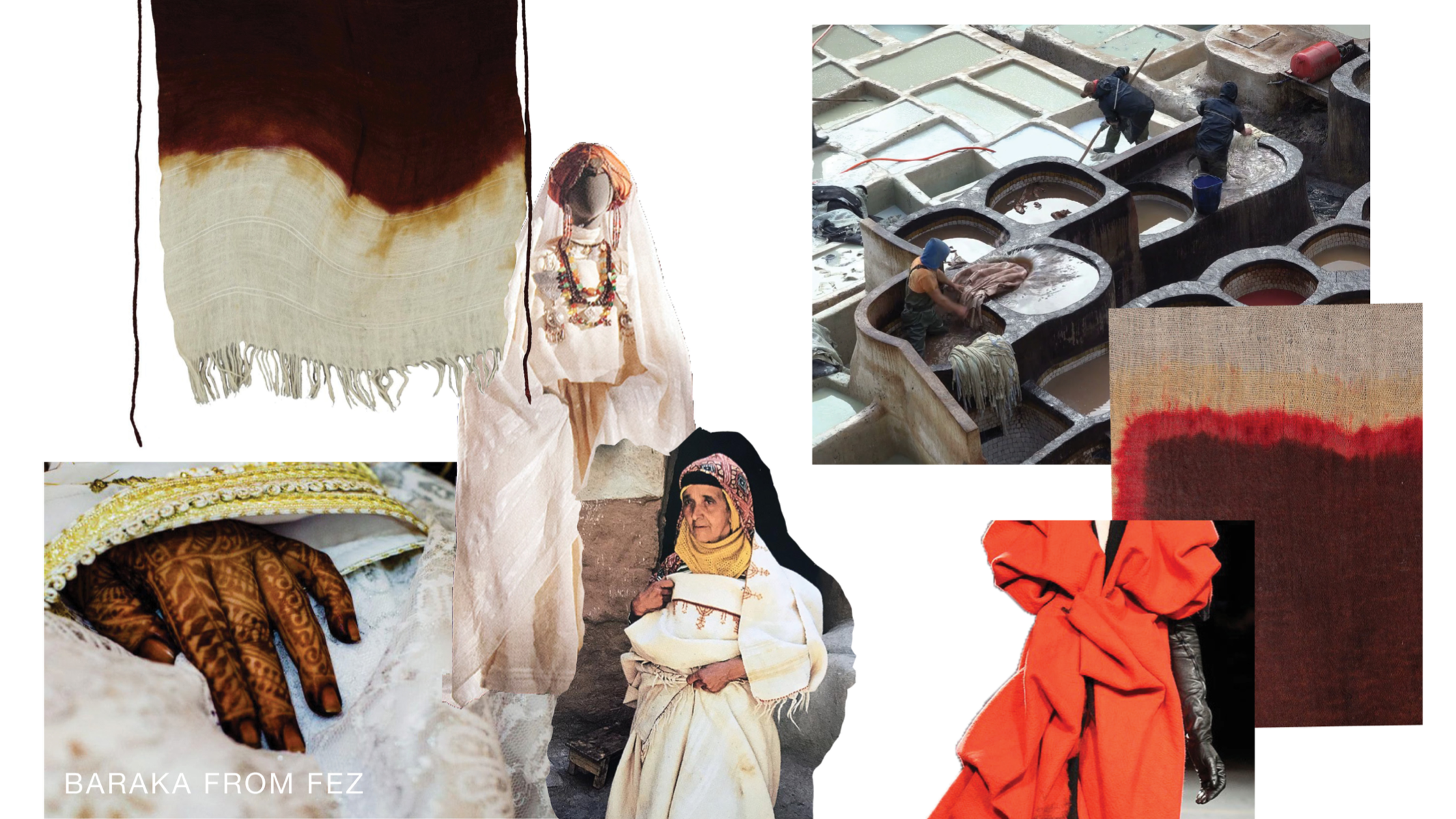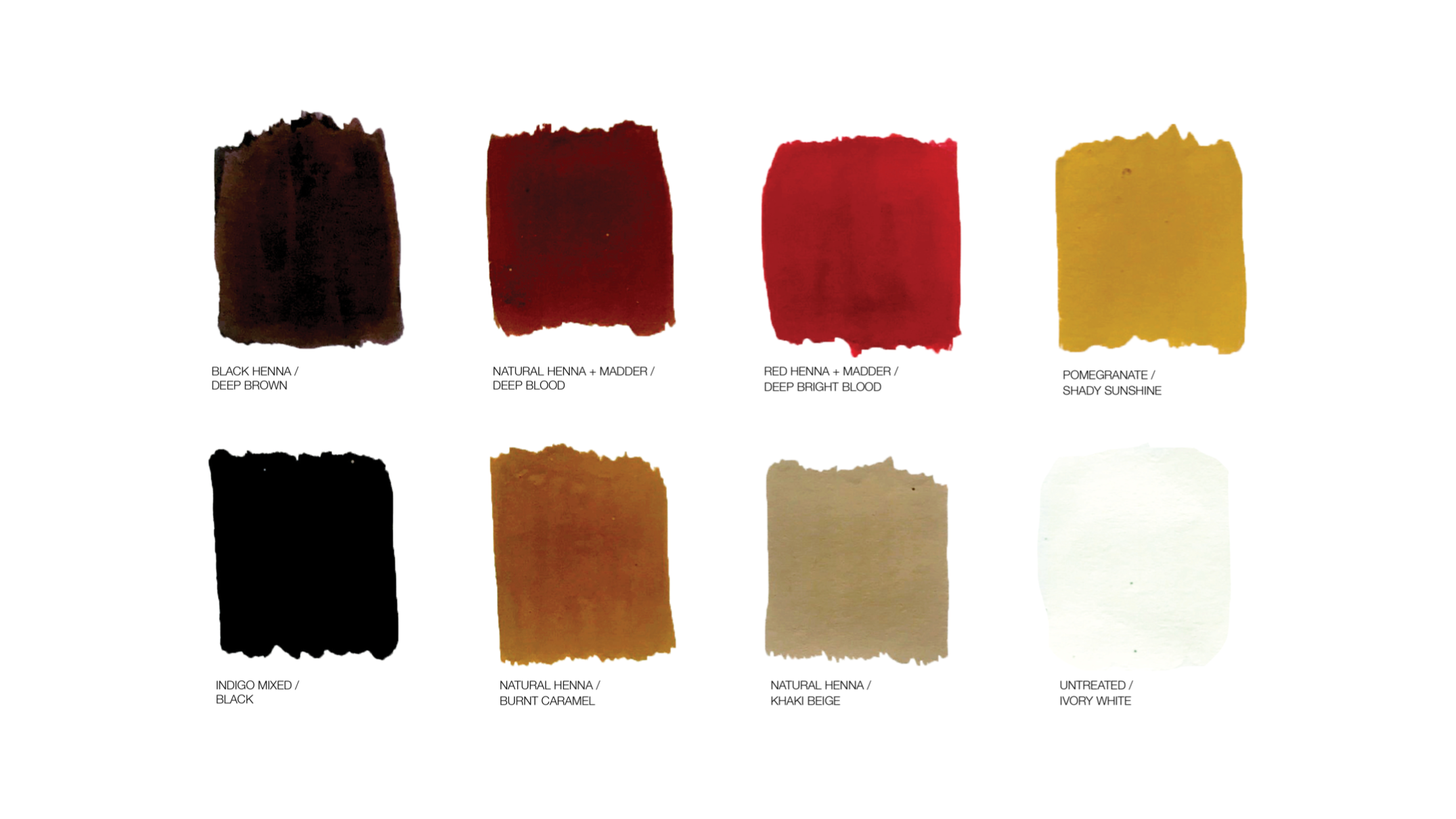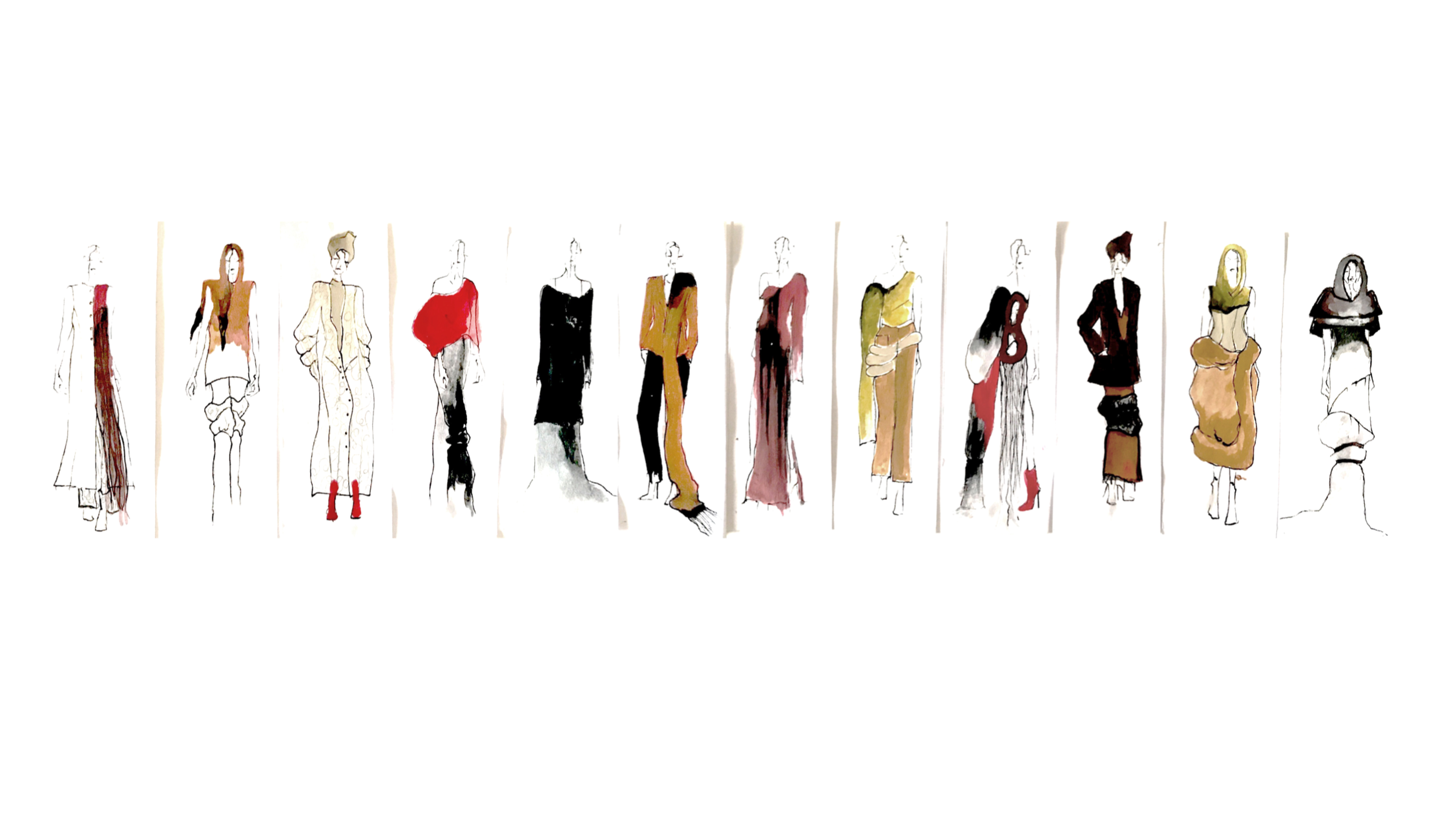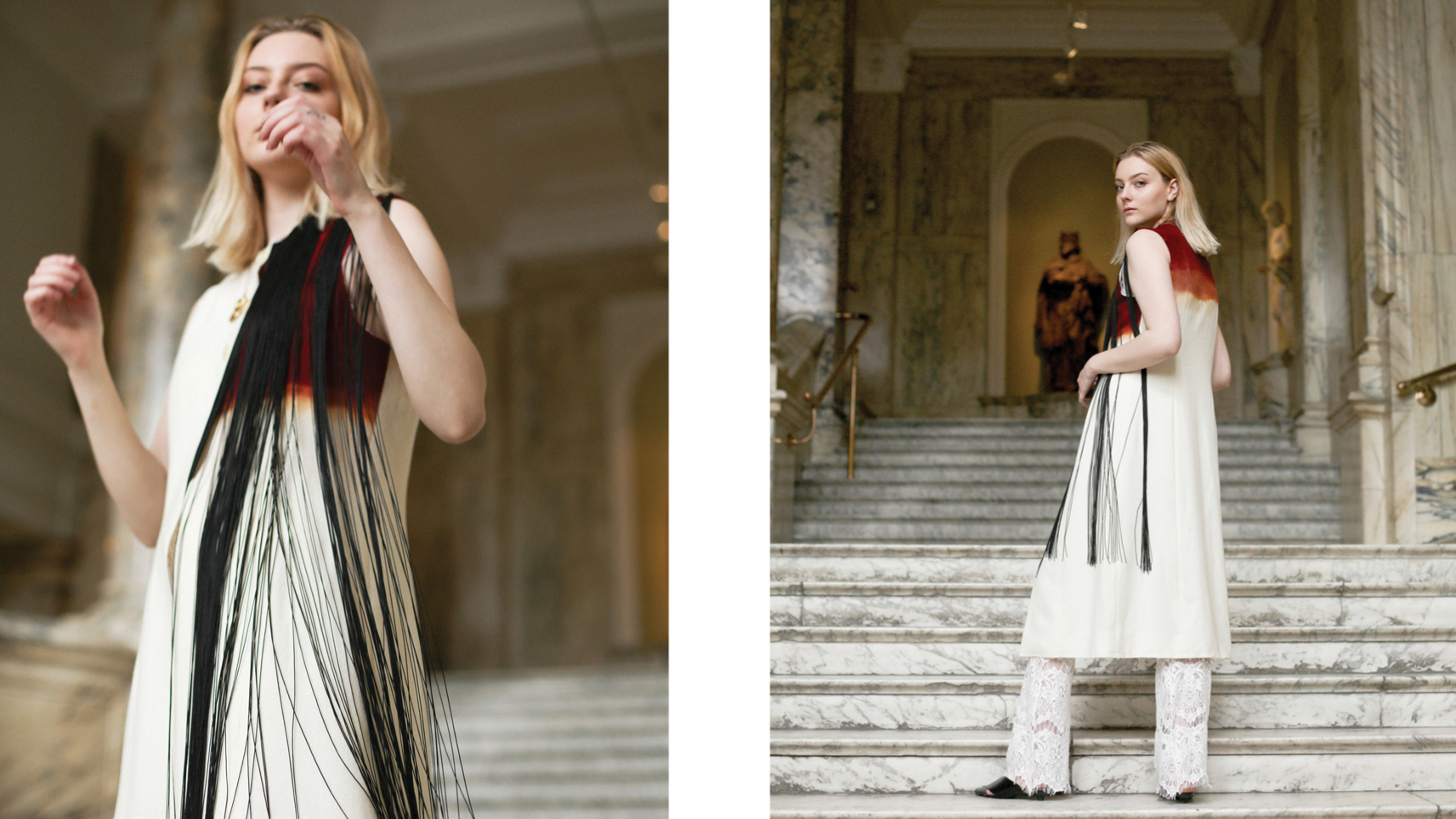Tengri Innovation Award – and the winners are...
We’re thrilled to announce the winners of the second Tengri Innovation Award, created to champion sustainable thinking and production as an industry standard in fashion and textiles.
The standard of entries was exceptionally high. Innovative and sustainable approaches from designers and students at some of the UK’s most influential academic and creative institutions showed their forward-thinking conceptualisation of sustainable fibres, and practices that rework cultural and traditional techniques.
These practices seek to demonstrate the preservation of heritage in fabrication, construction and production. Applicants shared their proposals for the integration of sustainable fibres, and how this would be developed in their approach and techniques after graduation.
The winner of the Tengri Innovation Award 2019 is Sophie Høeg Jensen, who graduated with a BA (Hons) in Fashion Design and Development from London College of Fashion, UAL, and KEA Copenhagen in January 2020, as part of the Global Changemakers programme.




Sophie’s work explores the dyeing process and traditional craftsmanship of the Berber people of the Anti-Atlas mountains in Morocco. She reworks the ancient craft of working with henna, believed to offer the protection of ‘Baraka’ (meaning ‘blessing’ in Islamic culture), exploring its behaviour with natural fibres. This non-hazardous dye provides a sustainable colouring practice, limiting waste water and eliminating the need for synthetic fixing.
As winner of the Tengri Innovation Award, Sophie receives a one-year mentorship with Tengri, as well as a six-month paid internship supported with Tengri Noble Yarns for production, and a cash prize.
In recognition of the very high standard of entries, two runners-up – both studying the Fashion Design and Development BA (Hons) course at London College of Fashion – are invited to join the Tengri design collective and work on future collections.
Rafin Jannat, for her in-depth research into sustainable practices in Bangladeshi textile production. Exploring ancient Bangladeshi craft, Rafin’s work incorporates Nakshi Kantha embroidery, block printing and innovative weaving with alternative natural fibres.
Alisha Duffy, for her garment production supporting small businesses, heritage manufacturing and textile production in the North of England.
“We are delighted that our students have been successful in the Tengri Innovation Award 2019. It illustrates their commitment to developing their own design practices to embed sustainability at every stage. This completely fits our ethos – sustainability is taught on all courses through design techniques, critical thinking, knowledge of materials and sourcing. Working with studios such as Tengri means that we can give our students the best opportunities, materials and expertise to help them really innovate the fashion industry.” – Professor José Teunissen, Dean of the School of Design and Technology at London College of Fashion, UAL
The winners’ work – demonstrating sustainable practices and informed creative thinking – shows how the Tengri Innovation Award continues to source and nurture exceptional talent. We are proud to support the development of sustainable commercial production in education and training, helping to empower young talent to drive market change and a more sustainable future.
Nancy and the winners of Tengri Innovation Award 2018 during a show and tell session.
Nancy and Constructed Textiles students from Bath Spa University.


